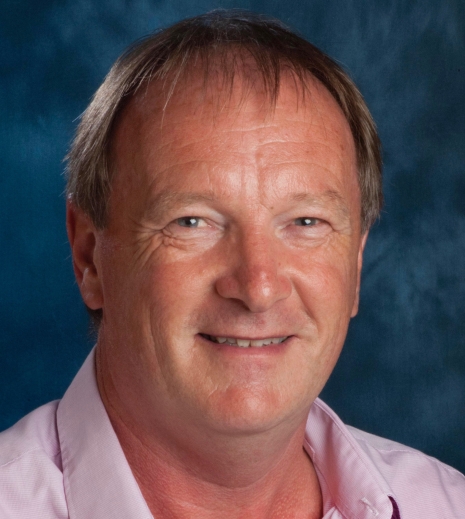
Space Weather and the Polar Regions
Praktisk informasjon
Birkelandforelesningen holdes i Kavlisalen i Det Norske Videnskaps-Akademi.
Arrangementet er åpent.
Yara Birkelandprisen vil bli delt ut i løpet av arrangementet.
Kontaktperson: Gro Havelin E-post: gro.havelin@dnva.no
Birkelandforelesningen arrangeres årlig i samarbeid mellom Universitetet i Oslo, Det Norske Videnskaps-Akademi, Yara International og Norsk Romsenter. Forelesningen hedrer arbeidet til vitenskapsmannen og entreprenøren Kristian Birkeland.
TIDLIGERE BIRKELANDFORELESNINGER
Birkelandforelesningen 2024 (pdf)
Birkelandforelesningen 2023 (film)
Birkelandforelesningen 2022 (pdf)
Birkelandforelesningen 2019 (pdf)
Birkelandforesningen 2018 (pdf)
Birkelandforelesningen 2017 (pdf)
Birkelandforelesningen 2016 (pdf)
Birkelandforelesningen 2015 (pdf)
Birkelandforelesningen 2014 (pdf)
Birkelandforelesningen 2013 (pdf)
Birkelandforelesningen 2012 (pdf)
Birkelandforelesningen 2011 (pdf)
Birkelandforelesningen 2010 (pdf)
Birkelandforelesningen 2009 (pdf)
Birkelandforelesningen 2008 (pdf)
Professor Richard Horne will be giving this year's Birkeland lecture
Professor Richard Horne FRS is Distinguished Research Scientist and member of The Executive Team at British Antarctic Survey. He is also Guest Professor at University of Sheffield, and Honorary Fellow at St Edmund's College, Cambridge.
Abstract
Space weather is driven by the Sun, but the effects are felt at the Earth. Space weather events give rise to beautiful auroral displays in both polar regions, but there are also more serious impacts. These include disruption to power supplies, aviation, satellites, communications, navigation, positioning and timing signals and much more.
Our modern society has become increasingly dependent on modern technology that has become more vulnerable to space weather in ways that are sometimes difficult to disentangle.
In the UK space weather is on the National Risk Register. The Government has published a policy for space weather which includes three pillars; to enhance our understanding of severe events, increase resilience of essential infrastructure, and to be able to respond and recover from such events quickly. Part of the planning is to assess the impact of a reasonable worst case, which is usually taken as a 1 in 100-year event. Unfortunately, we have very little data to make these assessments which leads to large uncertainty.
In this lecture we will review what happened during the magnetic storm that took place in May 2024. This storm was only a 1 in 10-year event, comparable in size to the storm of 2003, but the way in which events unfolded was very different. There were only minor impacts on the power grids, satellites, aircraft, communications, GNSS signals, orbiting space debris and low altitude satellites, but the storm tested our forecasting systems and provided valuable data.
We will discuss how the May 2024 storm can help us assess and prepare for what would happen in a 1 in 100-year event. We will discuss some of the lessons learned, why we need a new system of classifying magnetic storms and how new space missions can help improve our forecasting capability. We will also highlight some of the areas where we need more directed research and closer cooperation between science, forecasters and business.
Grafikk: Hanne Utigaard / UiO